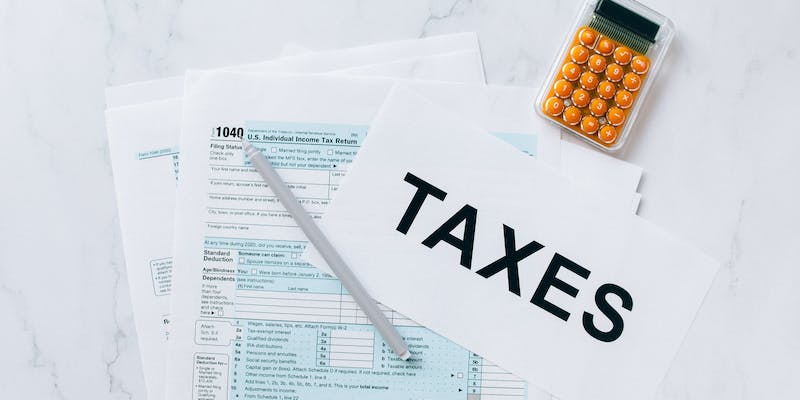Cash App Taxes Review 2024: Everything You Need to Know
Jan 15, 2024 By Susan Kelly
As technology advances, more people are turning to cash apps for their financial transactions. One popular app that has gained a lot of attention is Cash App. While it offers convenience and ease of use, many users need clarification on how taxes will be handled when using the app.
In this review, we will delve into Cash App taxes in 2024 and provide you with all the information you need to know.
Understanding Cash App Taxes
Cash app transactions can indeed be subject to taxes, and it's important to understand which types of transactions may be taxable. There are several scenarios where taxes may come into play when using the Cash app.
Receiving payments through the Cash app can be taxable, especially if the payments are for goods or services provided. For example, if you sell handmade crafts or freelance services and receive payments through the Cash app, those earnings may be subject to income tax. It's important to keep track of these transactions and report them accurately when filing your taxes.
Selling goods or services through the Cash app can also be taxable. If you regularly use the app as a platform for selling products or providing services, the income generated from these sales is generally considered taxable. It applies to both physical goods and digital products. It's important to keep records of all transactions and report the income appropriately.
Earning interest on your Cash app balance may also be subject to taxes. The Cash app allows users to earn interest on their balances, similar to a traditional bank account. This interest income is generally taxable and should be reported on your tax return.
It's important to clarify any misconceptions about Cash app taxes. Some users may mistakenly believe that because transactions on the Cash app are done electronically, they are not subject to taxation. However, this is different. The IRS requires individuals to report all sources of income, including those received through digital payment platforms like the Cash app.
Is Cash App Taxes really free?
Yes, Cash App Taxes are free. There may be fees associated with certain features or services, such as transferring funds or withdrawing money. Additionally, if you choose to use Cash App for tax purposes, you may still need to pay any applicable fees or charges for filing your taxes.
Tax Reporting and Documentation
Reporting Cash app transactions for tax purposes is an important responsibility for users. Keeping accurate records and documentation of transactions is crucial to ensure compliance with tax regulations and accurately reporting income and expenses.
To access and download transaction history on the Cash app, users can follow these steps:
1. Open the Cash app on your mobile device.
2. Tap on the profile icon in the top left corner.
3. Scroll down and select "Cash Support."
4. Choose "Something Else" from the list of options.
5. Select "Account Settings" and then "Account Statements."
6. Choose the transaction history's desired time frame and tap "Get Statements."
7. You will receive an email with a link to download the transaction history as a CSV file.
It is important to keep track of all transactions made through the Cash app, including income received and expenses paid. It includes documenting details such as each transaction's date, description, amount, and purpose.
Specific tax forms
Depending on their circumstances, users may need to fill out specific tax forms when reporting Cash app transactions for tax purposes. For example, if the user has earned income through the Cash app, they may need to report it on their Schedule C (Form 1040) for self-employment income. They may also need to report any income earned from Cash app transactions on their state tax return.
Tax Implications and Considerations
Using the Cash app for financial transactions can have potential tax implications, including income tax, capital gains tax, and self-employment tax.
In terms of income tax, any income received through the Cash app is generally taxable. It includes earnings from selling goods or services, receiving tips, or any other income generated through the app. Keeping track of these earnings and reporting them accurately on your income tax return is important.
Capital gains tax may come into play if you use the Cash app for investments, such as buying and selling cryptocurrencies. If you sell cryptocurrencies at a profit, you may be subject to capital gains tax on the gains made. The tax rate will depend on various factors, including your income level and how long you held the asset.
Self-employment tax may apply to self-employed individuals using the Cash app for business transactions. Self-employment tax covers both the employer and employee portions of Social Security and Medicare taxes. Accurate reporting and paying self-employment tax on your business income generated through the app is important.
Deductions or Exemptions
Regarding deductions or exemptions, Cash app users may be eligible for certain business-related expenses. For example, if you use the app for business purposes, you can deduct transaction fees as a business expense.
Additionally, you incur other expenses related to your business activities conducted through the app, such as advertising costs or office supplies. In that case, you can deduct these expenses as well.
Is the cash app for taxes safe?
When it comes to the safety of your personal information, Cash App does have measures in place to protect your data. They use encryption technology to secure your transactions and personal information. However, it is always important to be cautious when sharing sensitive information online and to use a secure and trusted platform when filing your taxes.
Conclusion
As we move towards 2024, there will likely be more specific guidelines and regulations regarding taxes on cash apps like Cash App. When using these platforms, it is always best practice to consult a tax professional for personalized advice on managing your tax obligations. By keeping track of earnings, setting aside tax funds, and maintaining accurate records, you can ensure smooth sailing come tax season.

The Lure of Convenience Checks
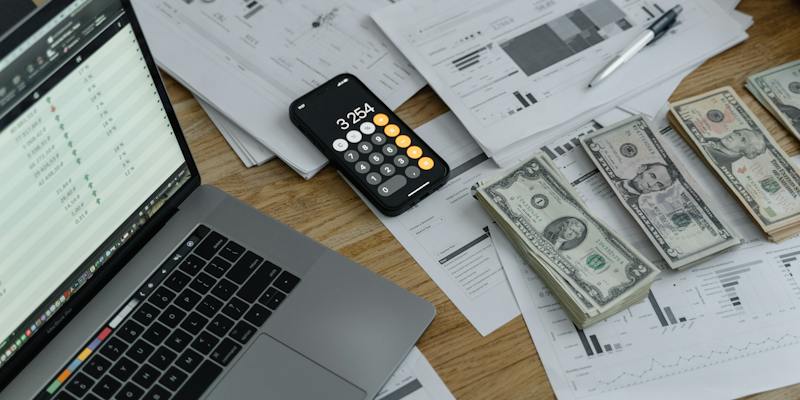
Personal Exemptions: When and How to Leverage Them
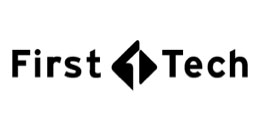
First Tech Federal Credit Union Review

Choosing the Right Path: Earn2Trade or Topstep in the Year 2024?
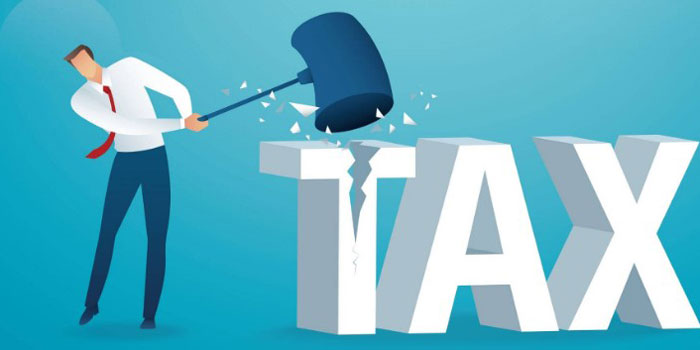
Techniques for High-Income Tax Payers to Save Money

An In-Depth Look at Lex Levinrad's Strategies: 2024 Review

The 4 Most Effective Apps For Saving Cash In 2022
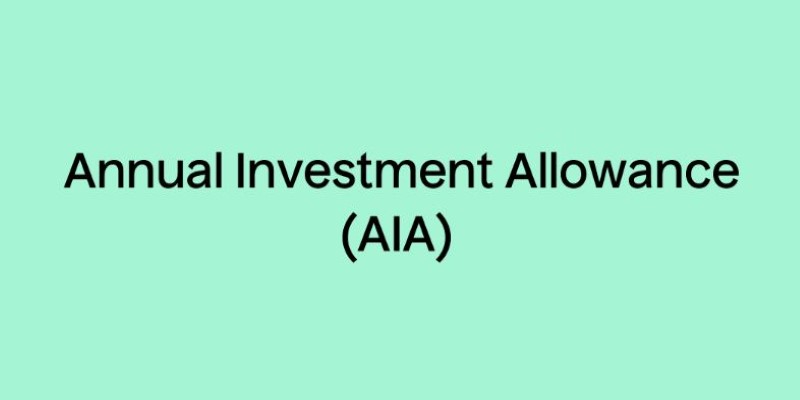
A Comprehensive Guide to the Annual Investment Allowance (AIA) and Its Eligibility
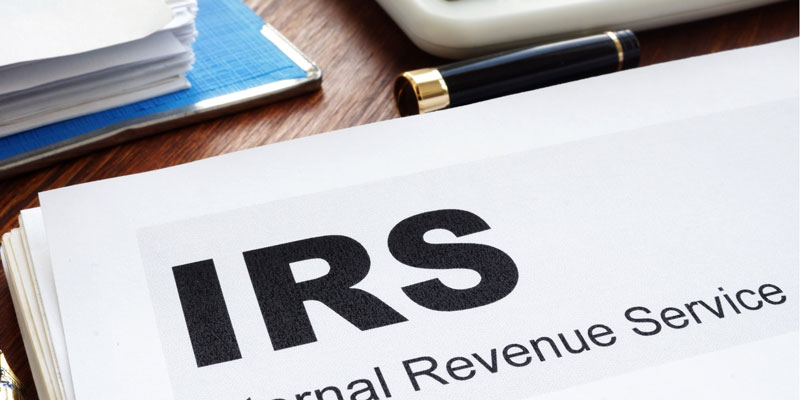
What Is IRS Form 8949 And Its Purpose?
